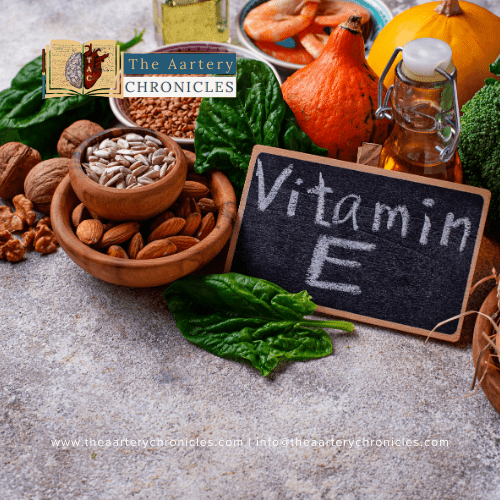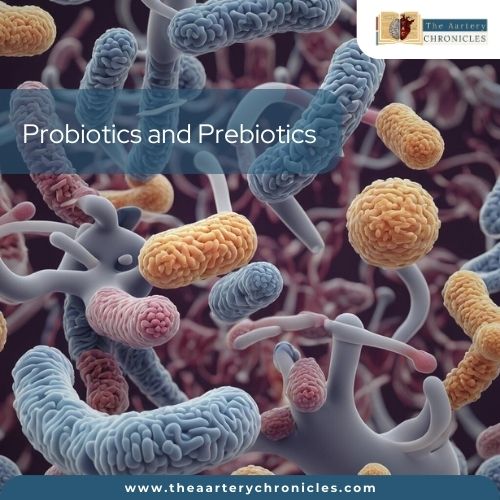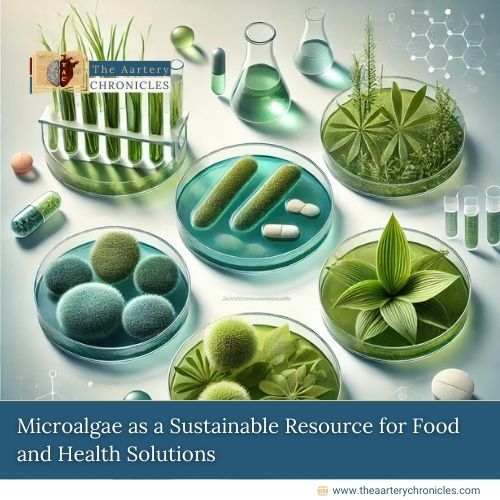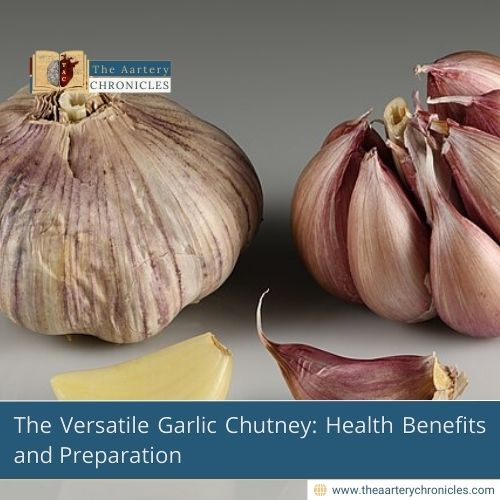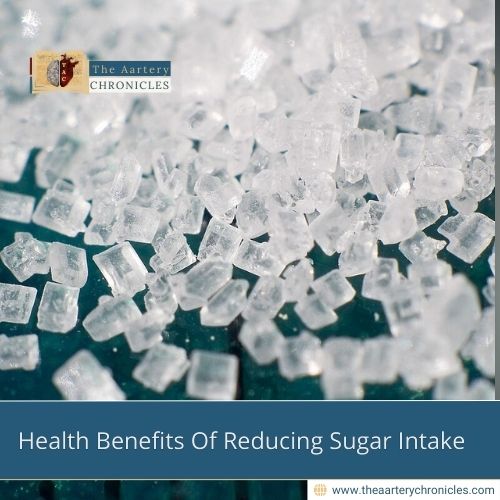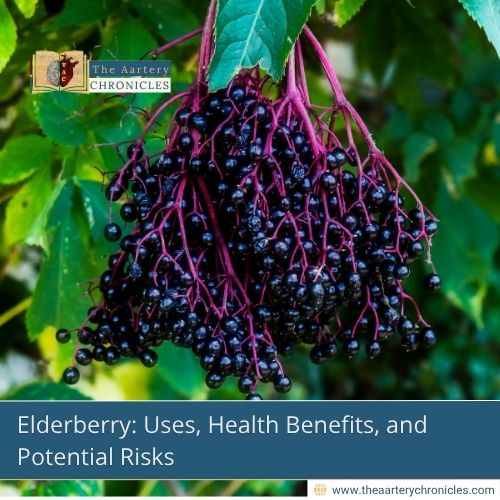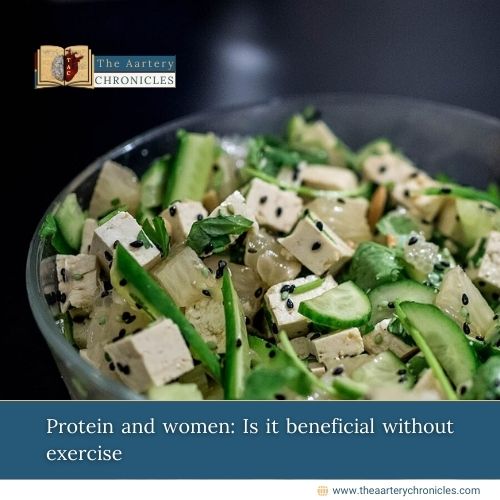
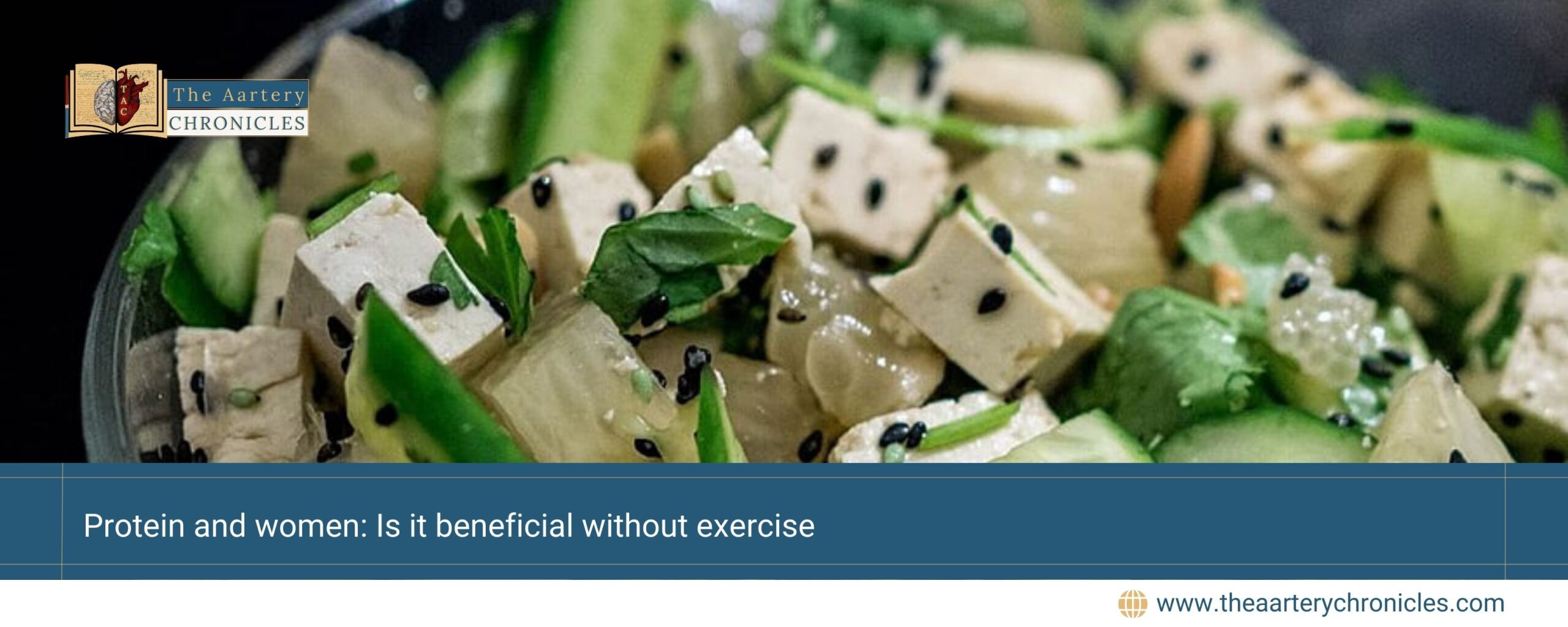
Protein and women: Is it beneficial without exercise
Overview
Proteins are macronutrients made up of amino acids that are essential for the body’s effective functioning. The common examples of proteins include collagen, insulin, and antibodies.
Proteins are crucial for:
- Maintaining cell structures, hair, bones, and connective tissue.
- Supporting the immune system through the production of antibodies.
- Building muscle mass and strength.
- It Provides energy, with one gram of protein offering four calories.
Our bodies produce some amino acids, but there are essential amino acids that must be obtained from our diet. The examples of essential amino acids that need to be derived from food include leucine, methionine, and tryptophan.
Protein diets are often associated with heavy-duty workouts or intense exercise. Athletes and fitness enthusiasts consume a lot of protein to build up their body muscles to get that toned and fit body.
Men and women have different constitutions, and thus, their nutritional needs vary. For women, protein requirements are influenced by factors such as age, reproductive status, and other related aspects. To determine the right amount of protein and other essential nutrients for your specific needs, it’s advisable to consult a nutritionist or dietitian.
Benefits of proteins to women
Women experience labor pains, childbirth, menopause, and numerous hormonal changes, all of which can be physically draining. This makes it essential for women to prioritize their health. Protein, often celebrated for its muscle-building properties, is typically associated with athletes, bodybuilders, wrestlers, and fitness enthusiasts. However, women can also enjoy the many benefits of consuming protein, regardless of whether they are fitness fanatics or not. You don’t need to be lifting dumbbells to benefit from protein!
- Energy: Proteins are a great source of energy. They keep our batteries charged and we feel more energetic and ready to take on the world.
- Hormones: Proteins are essential for our hormonal functions and support the neurotransmitters in our body. They help to maintain the hormonal balance of our body.
- Bones: Proteins are beneficial for regulating, maintaining, and strengthening our bones.
- Hair & nails: Proteins are beneficial for hair growth and nail health. They keep our hair and nails healthy and strong.
- Skin: Proteins are beneficial for maintaining our skin health and provide elasticity due to collagen production.
- Muscles: Proteins play a crucial role in increasing muscle strength and mass.
- Women generally have less muscle mass compared to men, and after menopause, they are more susceptible to bone-related conditions like osteoporosis.
- Adequate protein intake helps strengthen muscles, reducing the risk of fractures as women age.
- Additionally, proteins are vital for repairing muscles, keeping them strong and resilient.
- Metabolism: Proteins help keep us satiated thereby reducing our hunger pangs as a result, we do not over-eat, and thereby our metabolism is managed effectively.
- Pregnancy: Proteins are essential for pregnant women, supporting them throughout pregnancy and beyond.
- They play a critical role in fetal development, the expansion of the uterus, and the maintenance of the placenta.
- Plant-based proteins are particularly rich in folate, a vital nutrient that helps prevent neural tube defects in the developing fetus, making them a “must-have” before and during pregnancy.
- Maintains blood sugar: Proteins, when combined with whole grains or complex carbohydrates (like fruits and root vegetables), can help manage blood sugar levels more effectively. Since proteins take longer to digest, they can contribute to more stable blood sugar levels, potentially aiding in the prevention of Type II Diabetes and gestational diabetes during pregnancy.
- Weight loss: Proteins increase the rate at which our calories are burnt resulting in weight loss. The more muscle mass, the more calories to be burnt, even while we rest. So, this process is constantly in motion.
- Immunity: Proteins are important for boosting our immunity levels. They aid in the production of antibodies etc. as required for combatting infections and ailments.
- Recuperation: Proteins have an important part in aiding the recuperative process, be it recovery from a fever or mundane activities like jogging.
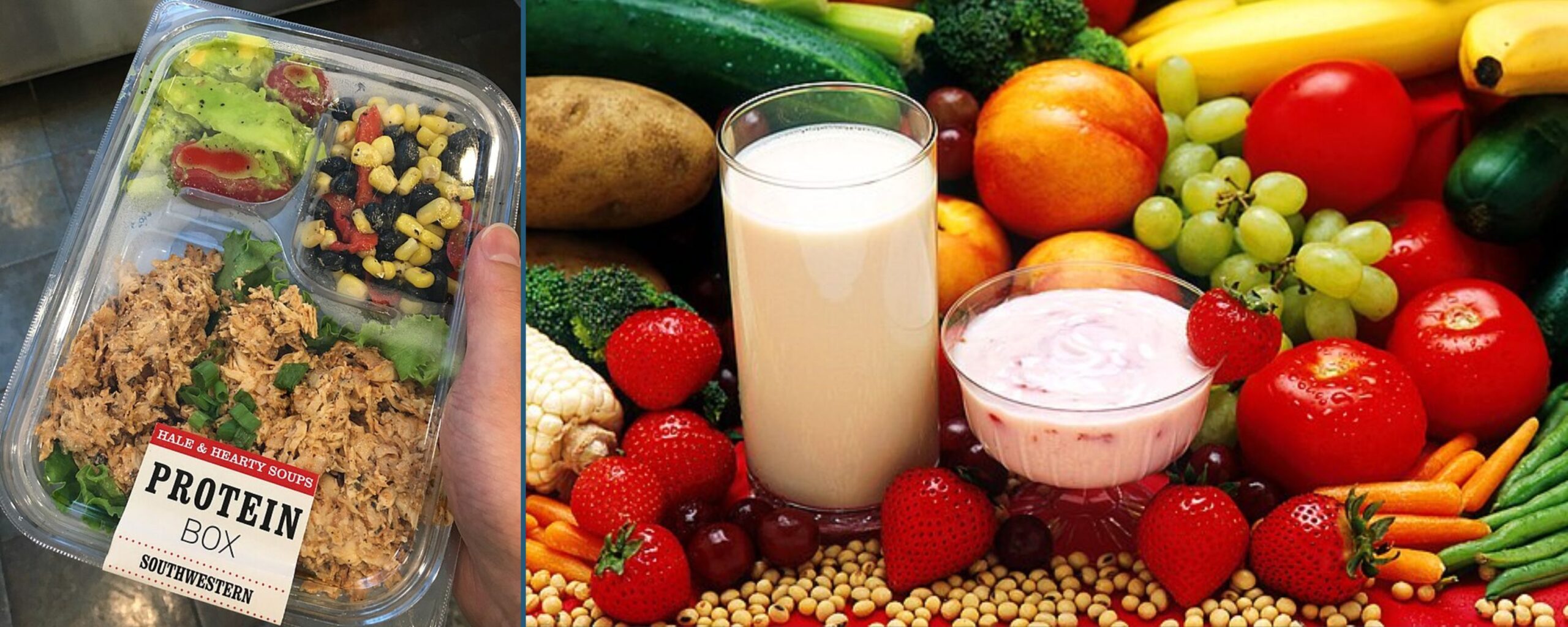
Proteins are essential for our overall health and well-being. Being a woman comes with its challenges, from mood swings during menstrual cycles and pregnancy to the fatigue of perimenopause and menopause. Proteins play a crucial role in repairing any wear and tear in our body tissues, making them vital for women’s health. In many ways, proteins are like Wonder Woman—capable of so many amazing things!
Foods with proteins
These are some of the protein-rich foods, as required, full of nutritious value having vital vitamins and minerals.
Whey proteins are easier to digest and are found in protein powders, protein bars, and protein shakes. Casein proteins are animal based and form 80% of cow’s milk and the remaining 20% is whey protein.
Vegan proteins are as follows:
- Soy protein
- Pea protein
- Hemp protein
- Chia protein
- Brown rice protein
- Sunflower seed protein
- Pumpkin seed protein
Caution
- People with kidney-related ailments should limit their protein intake, as excessive protein can further impair their health.
- Consulting with a medical practitioner, nutritionist, or dietitian is crucial, as they can assess your medical history and provide personalized advice.
- Balance is key: a well-rounded diet that includes proteins, fats, and carbohydrates is essential for maintaining overall health. So, to all the women out there, prioritize your health, eat a balanced diet, and stay healthy!


